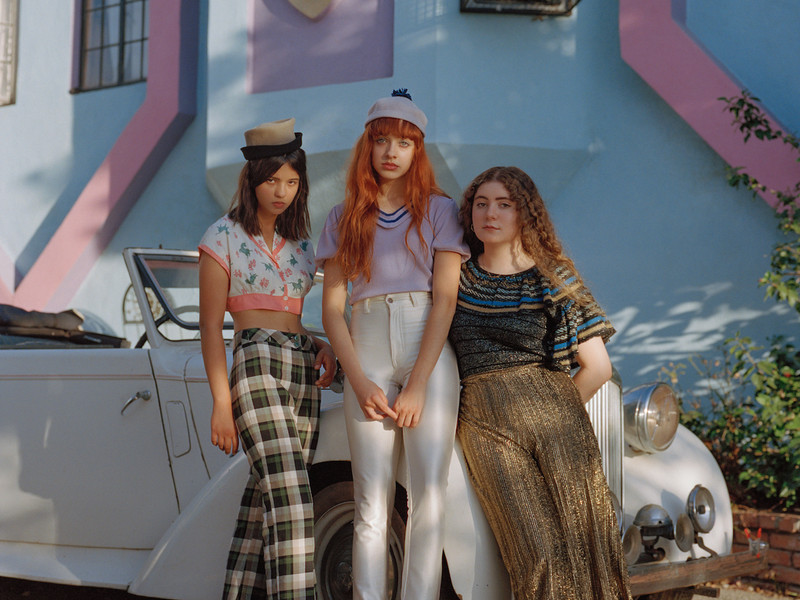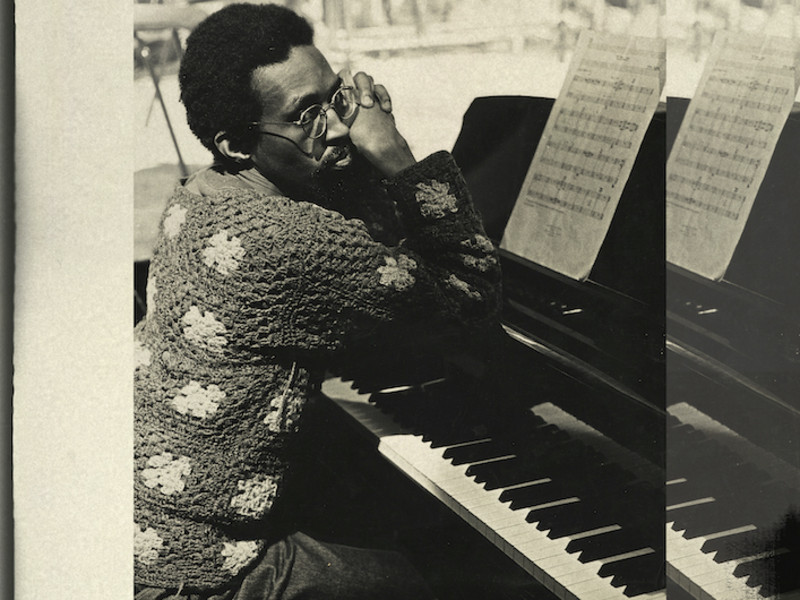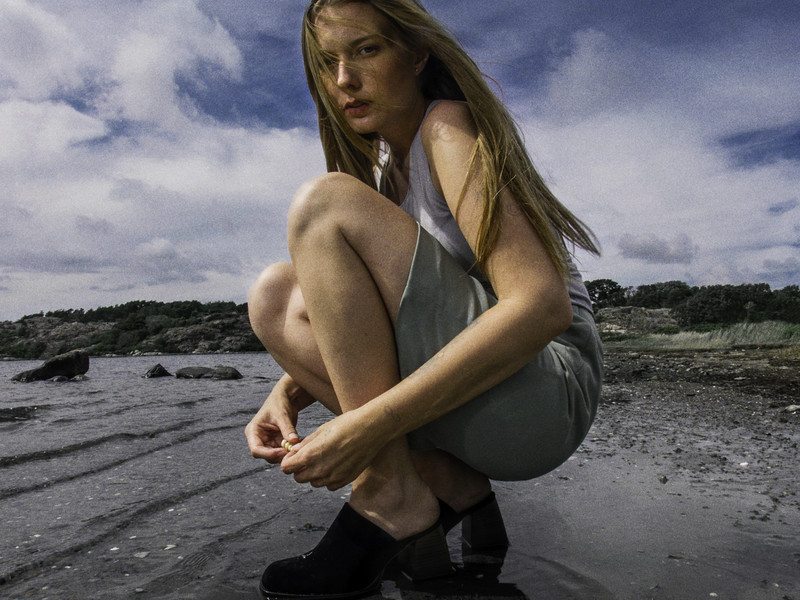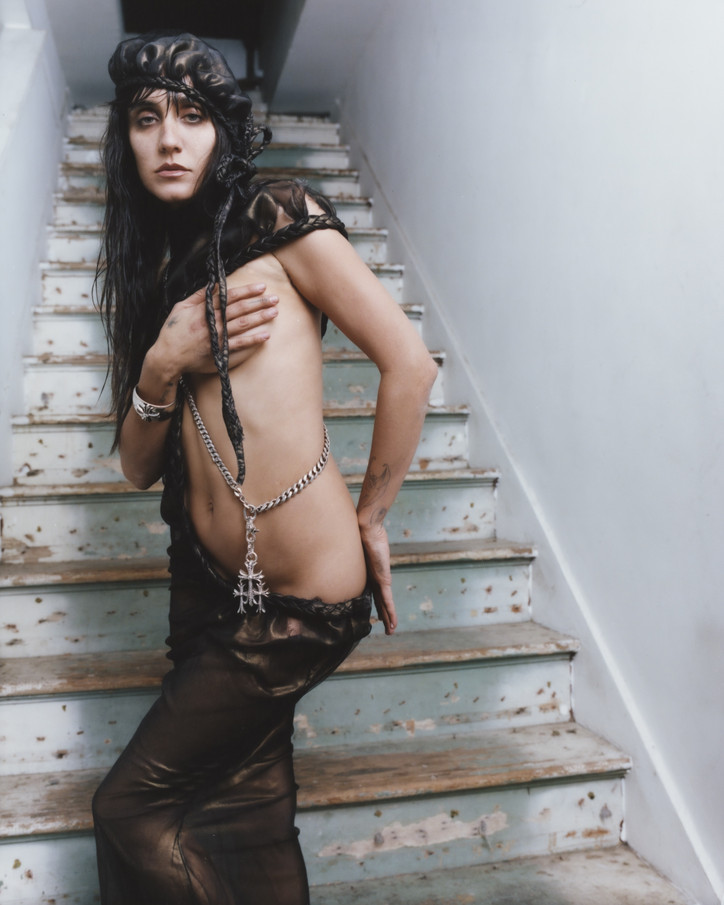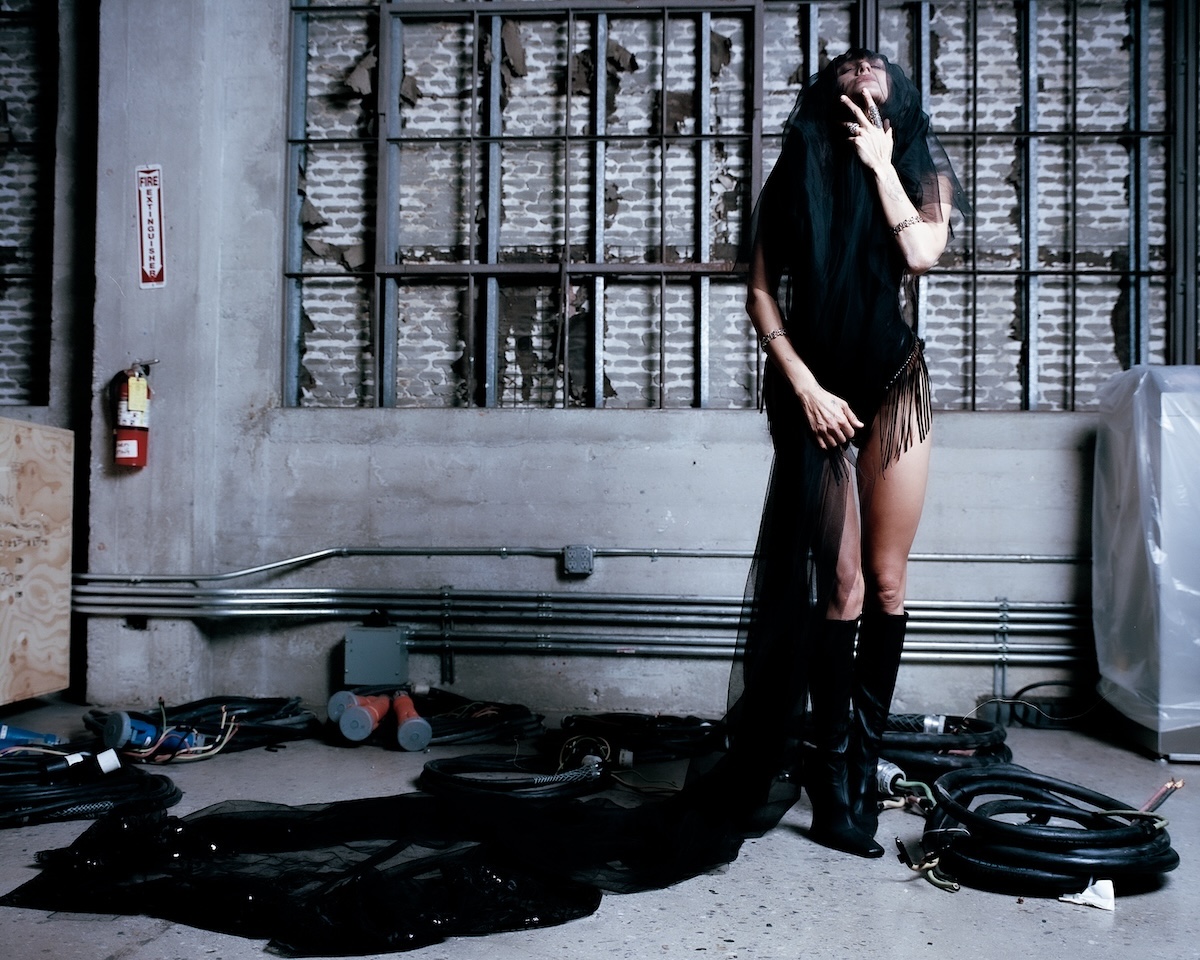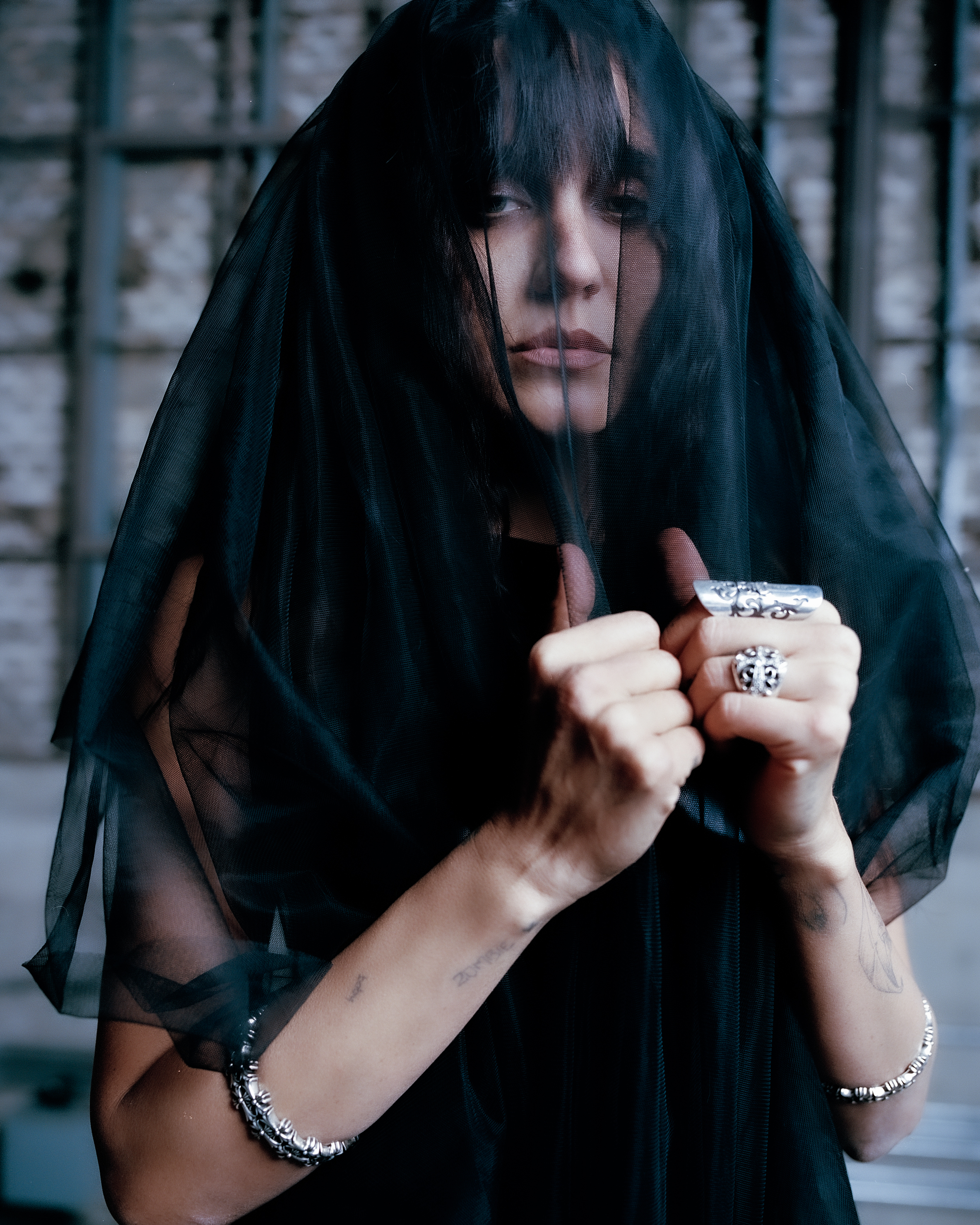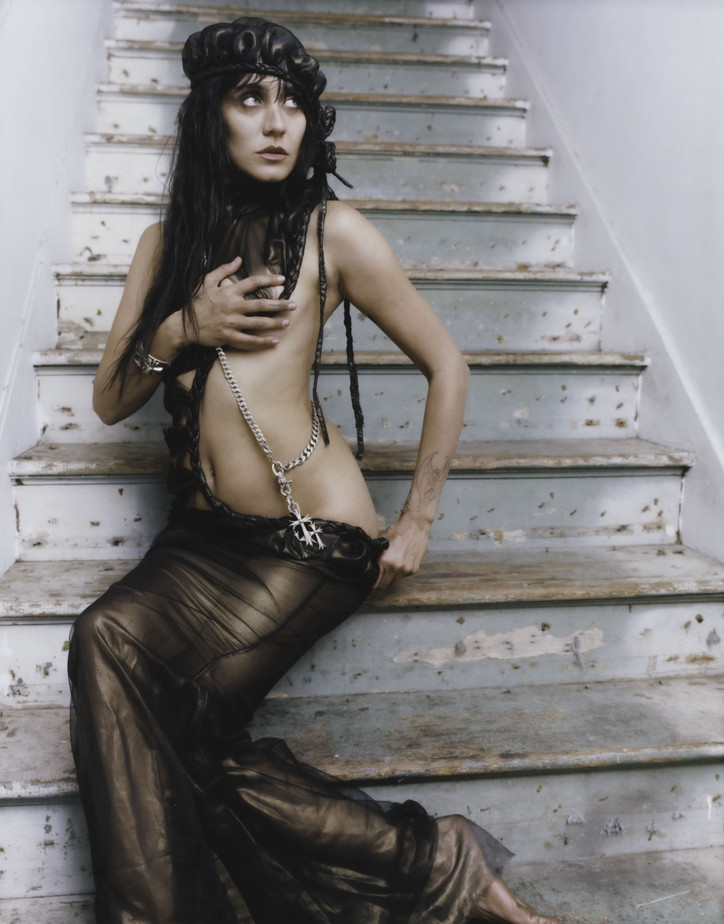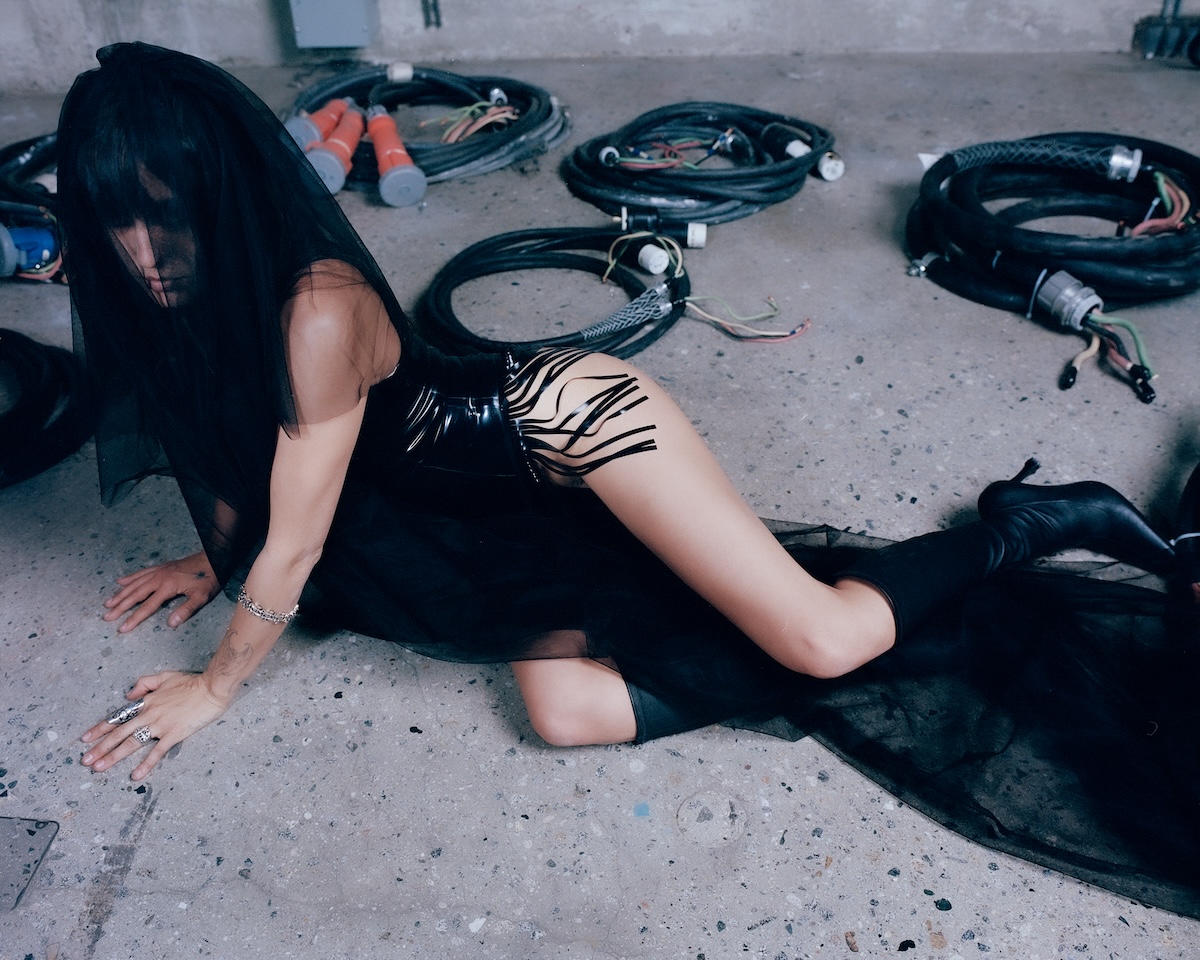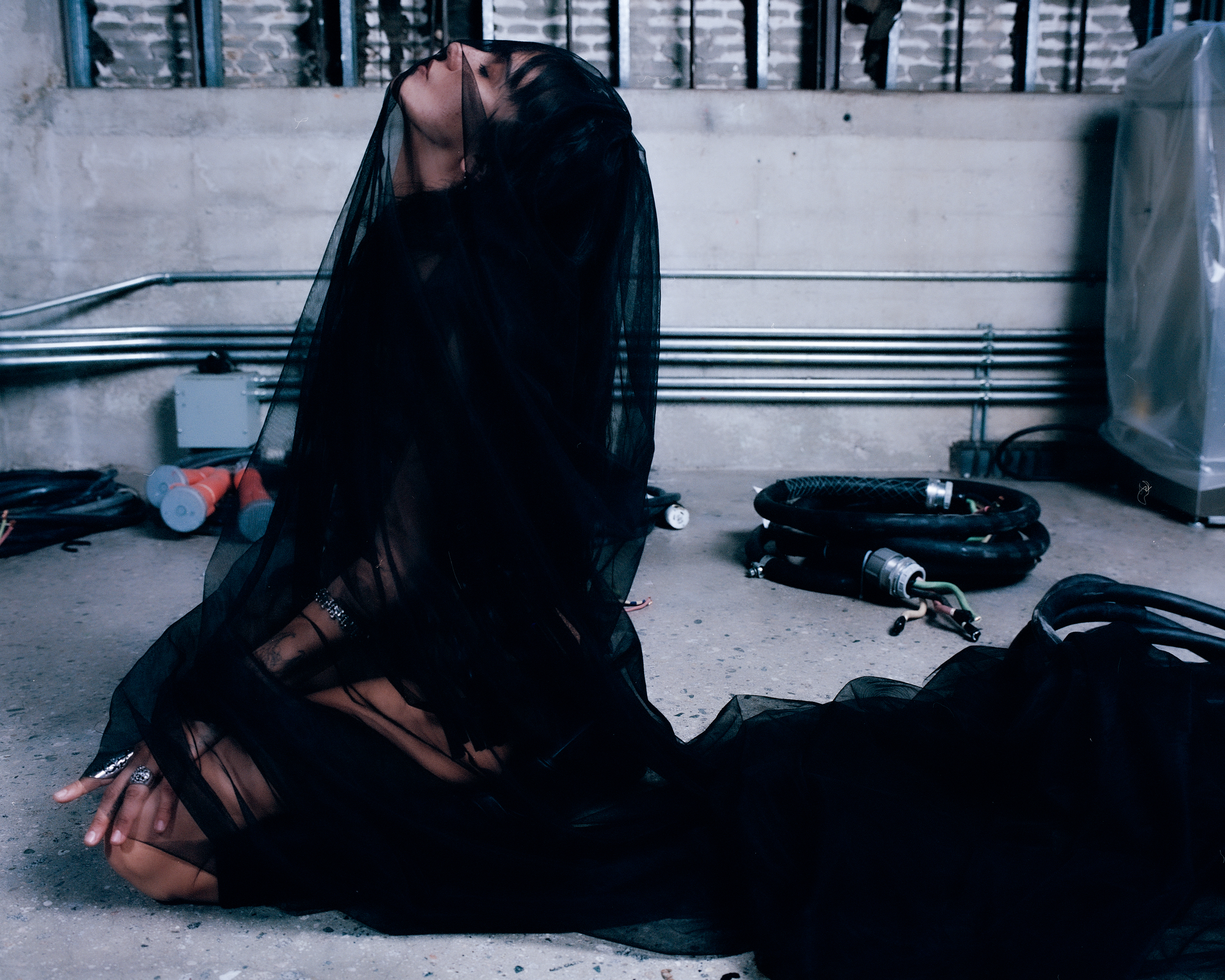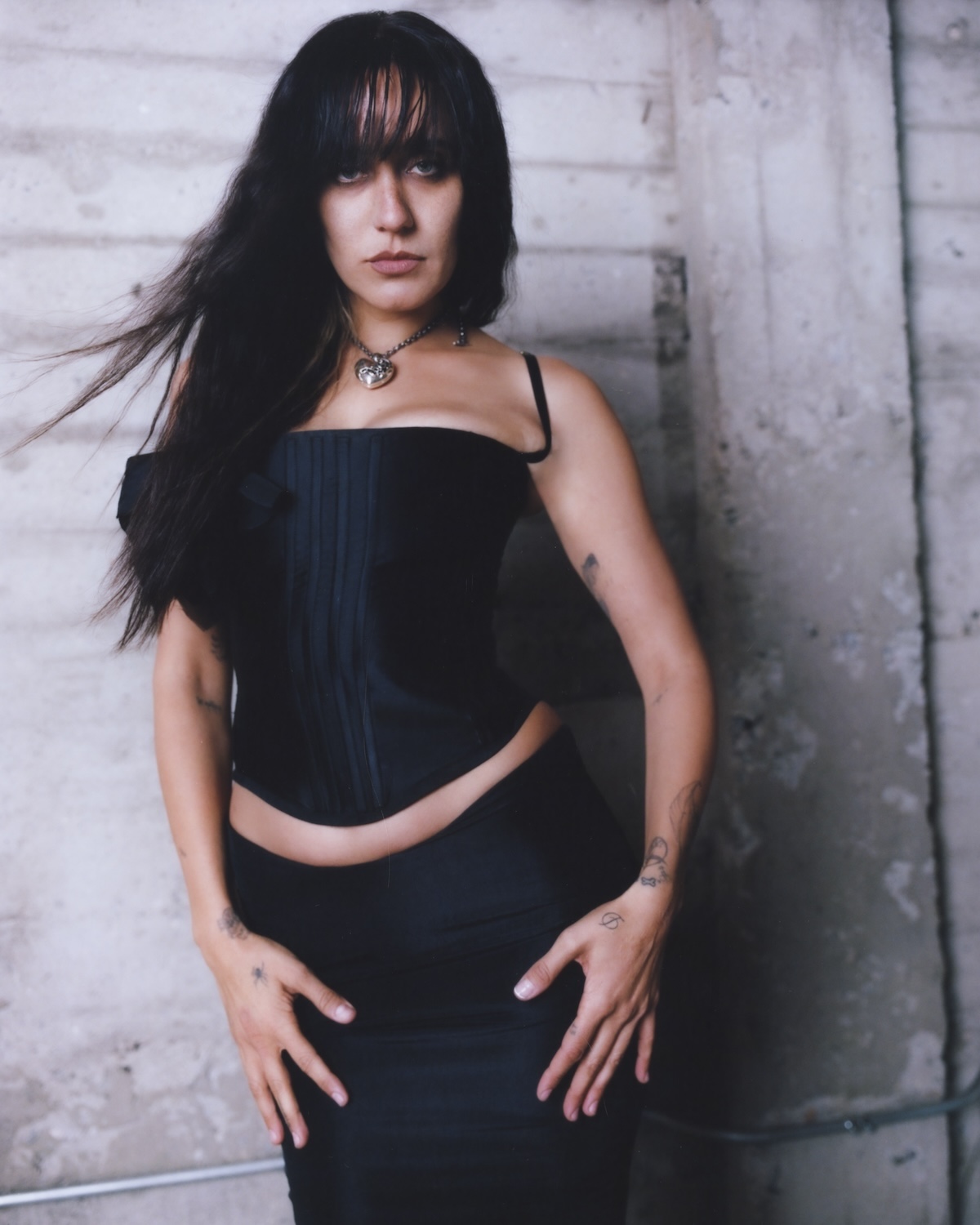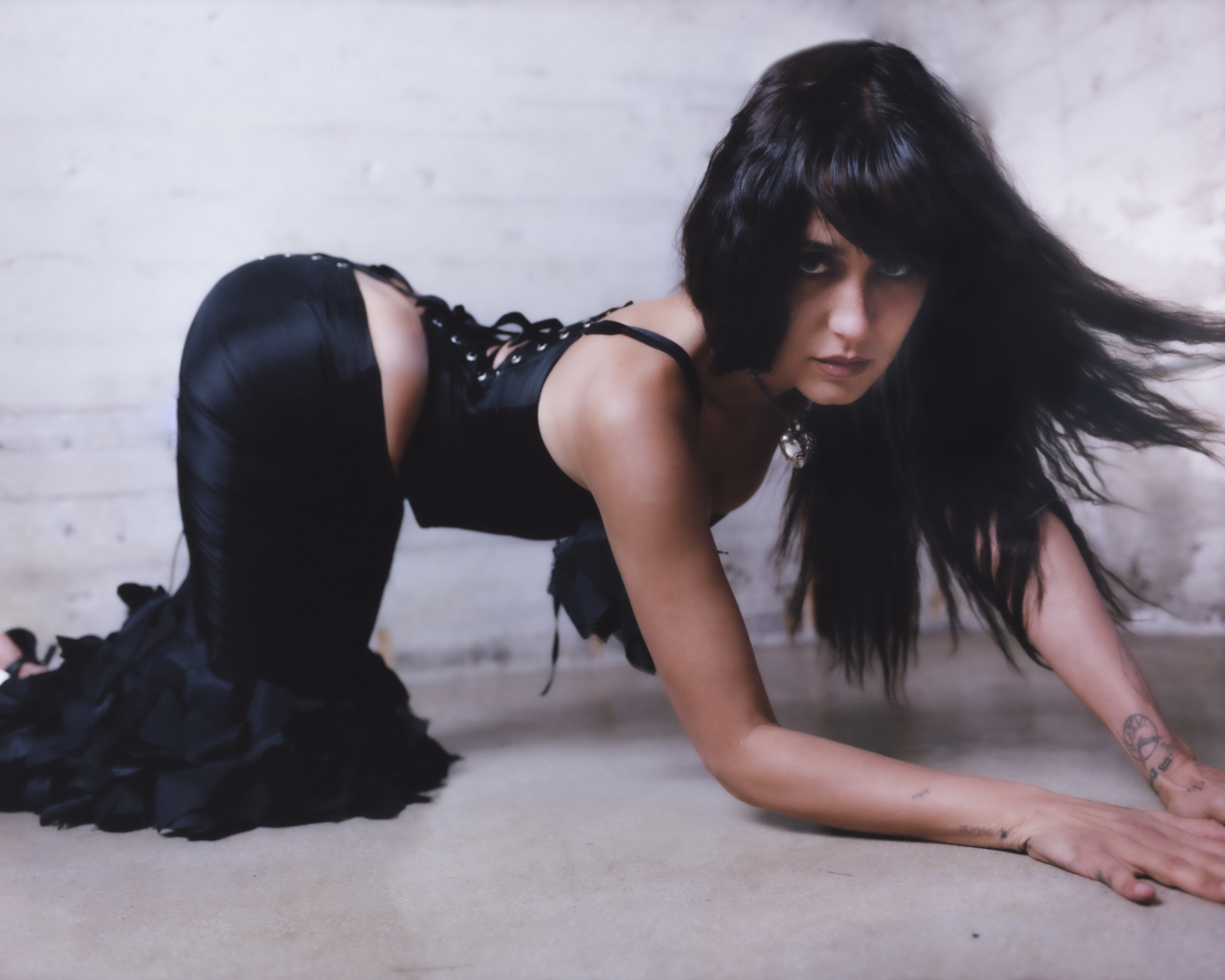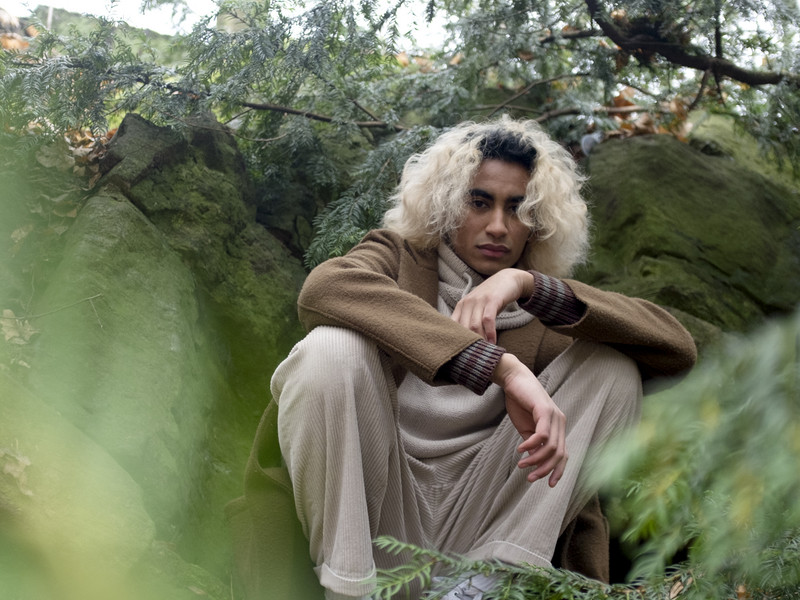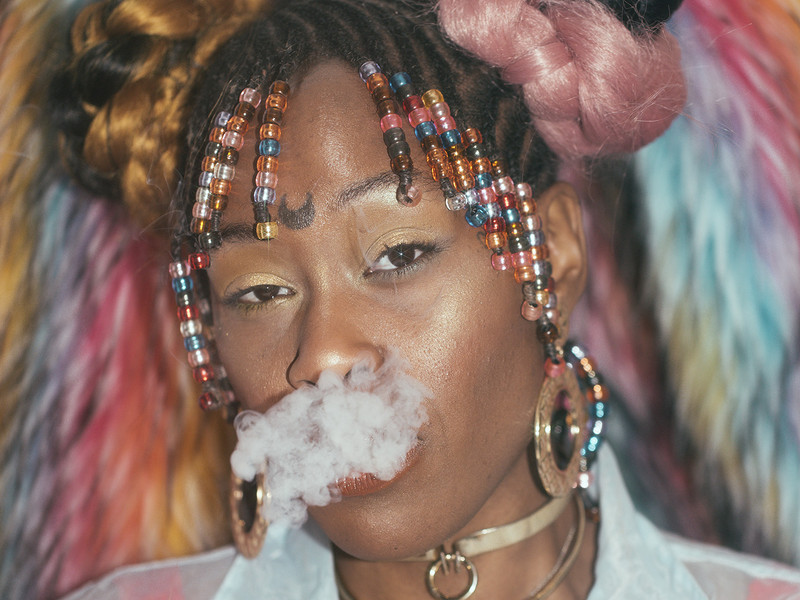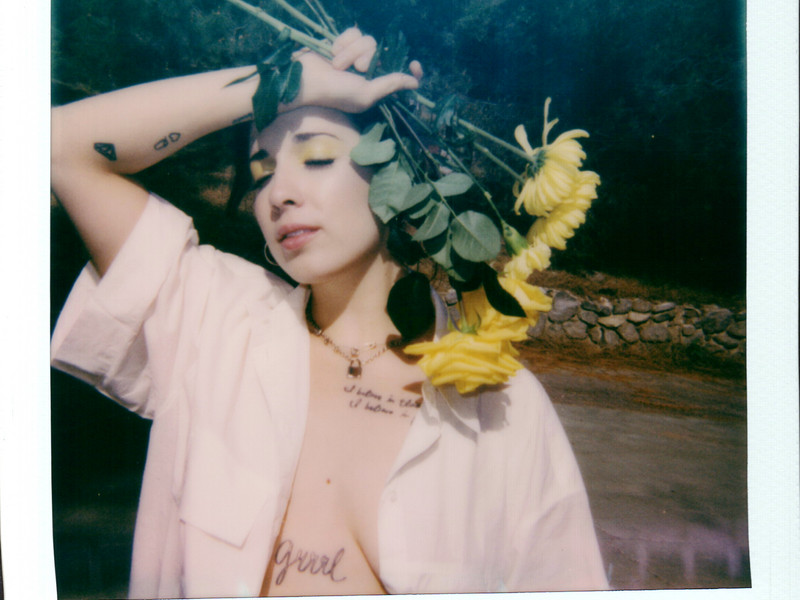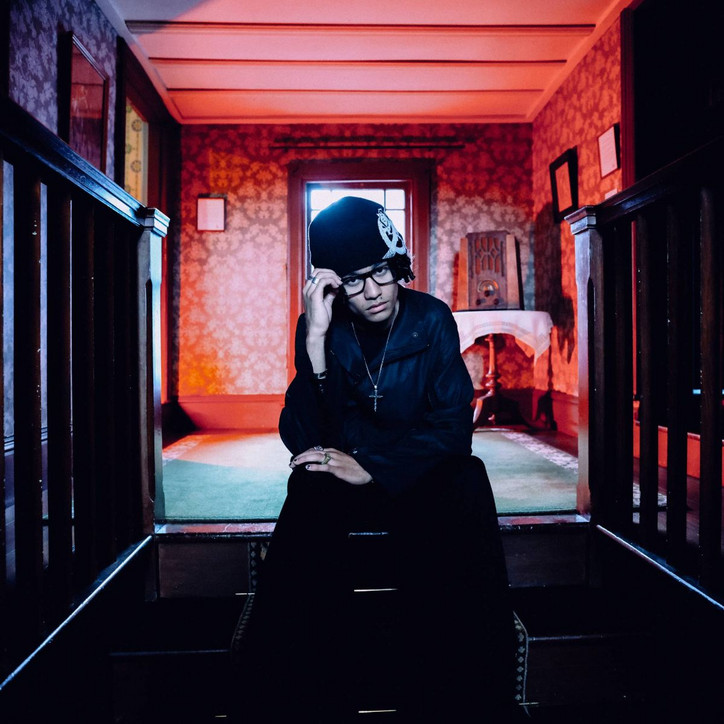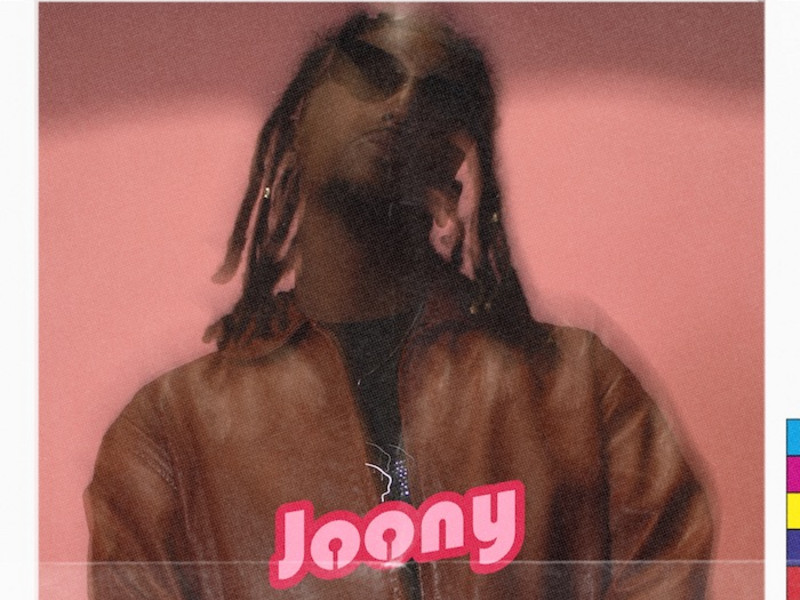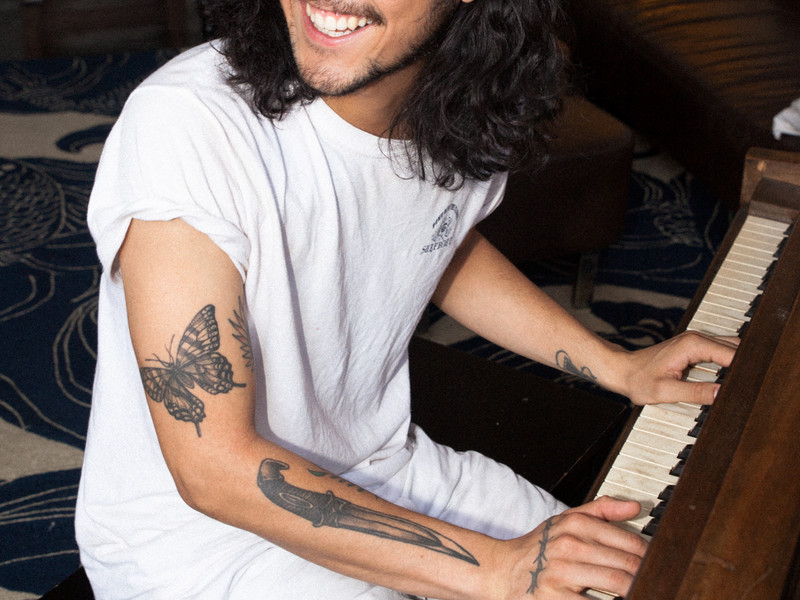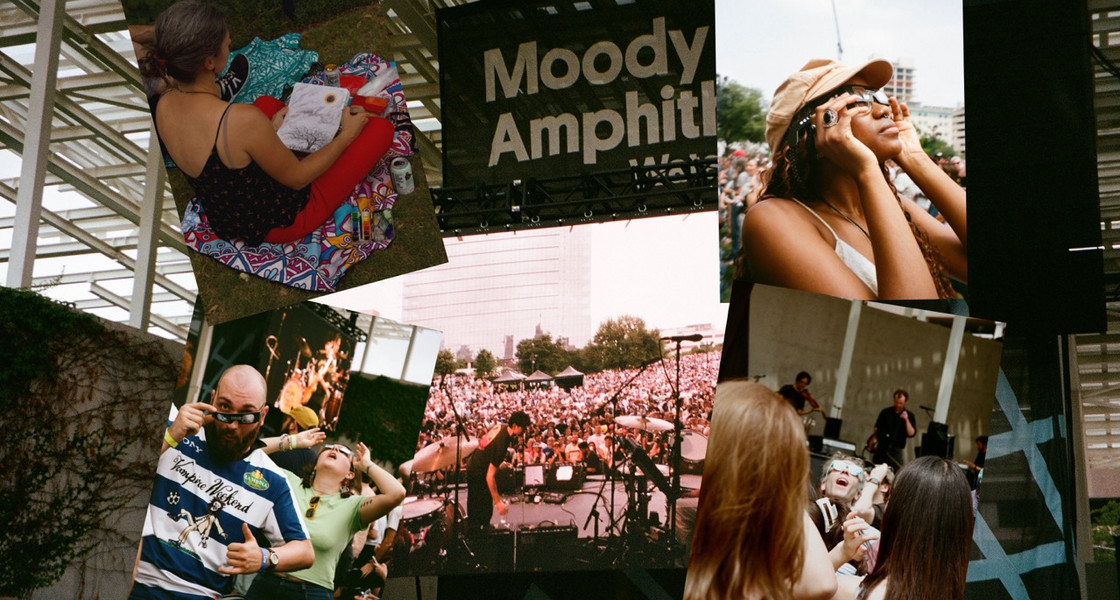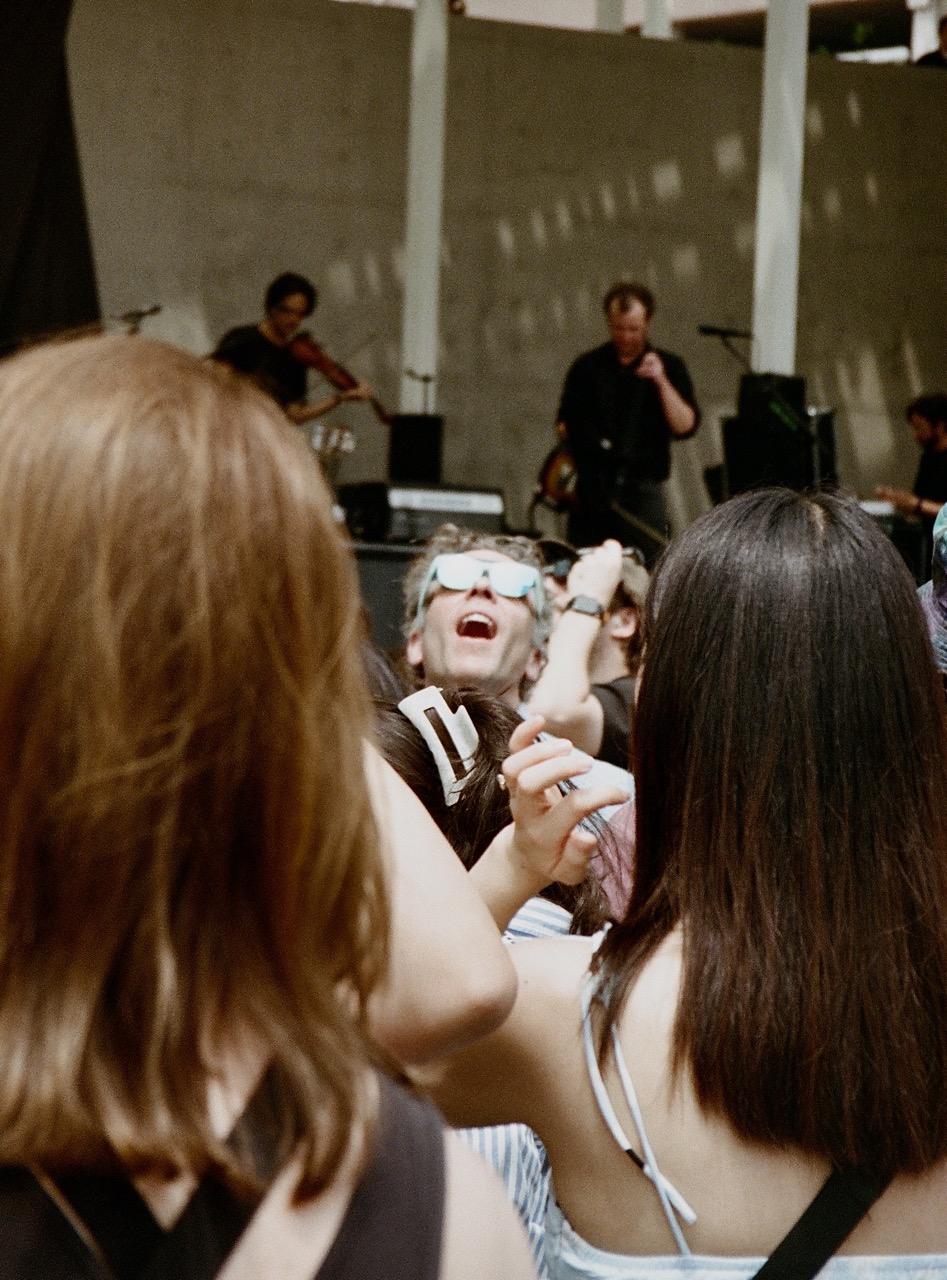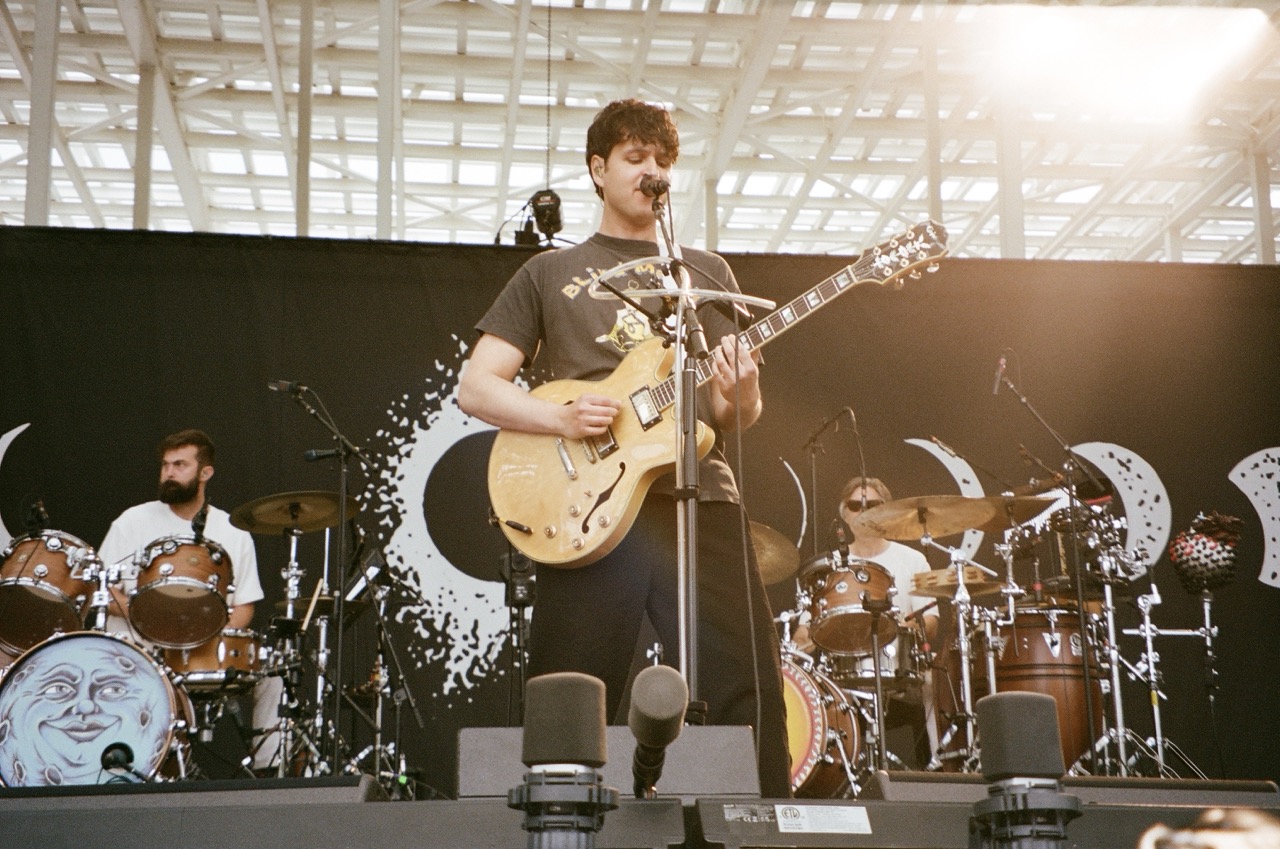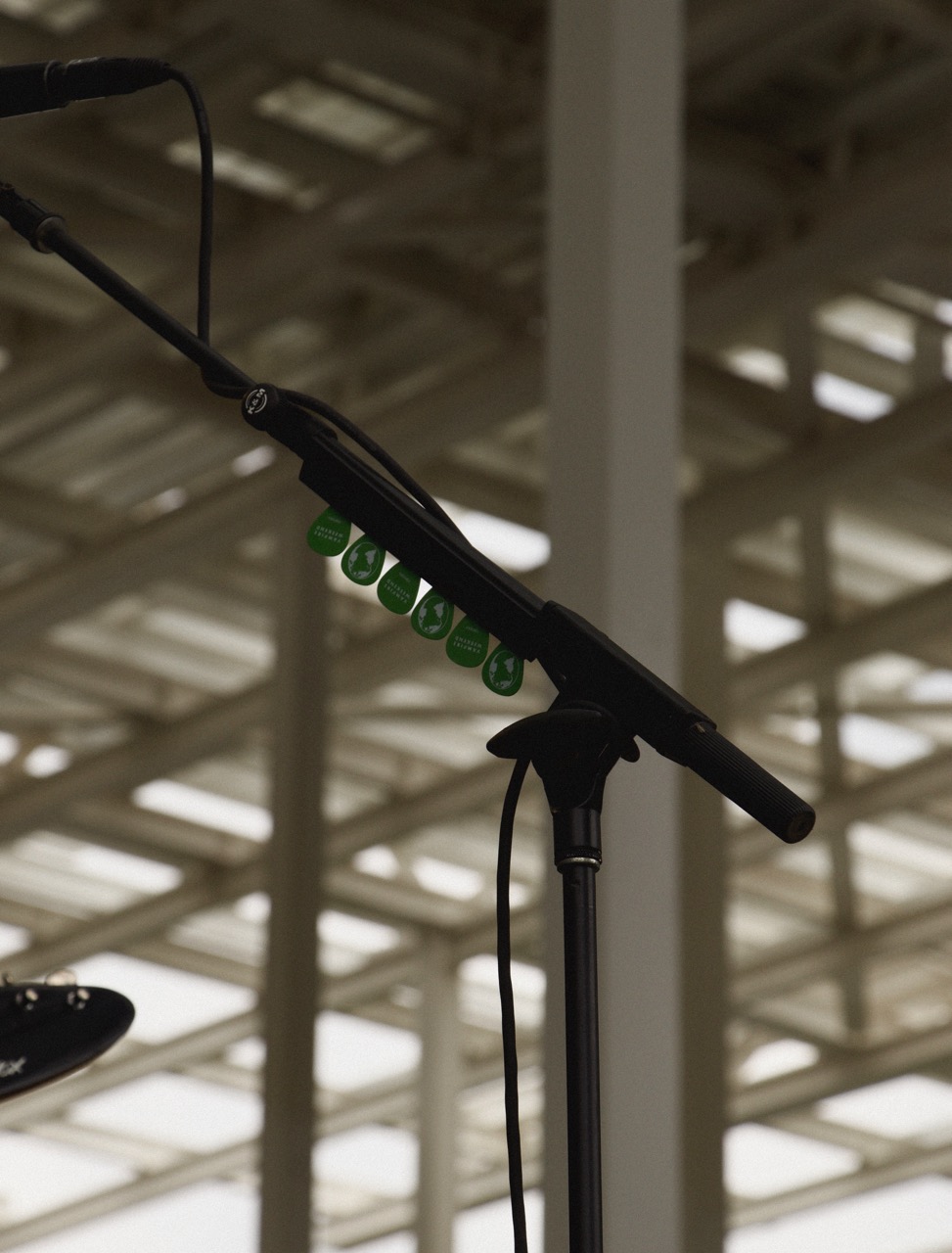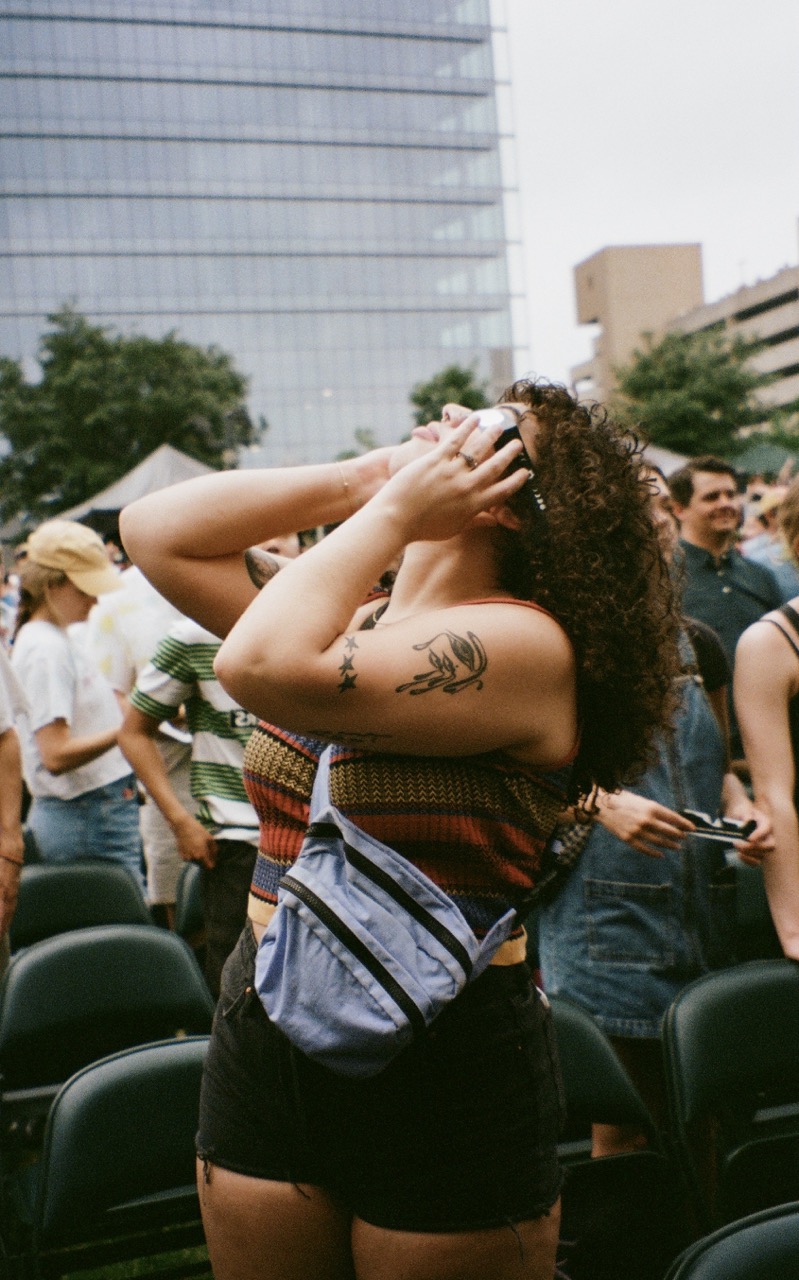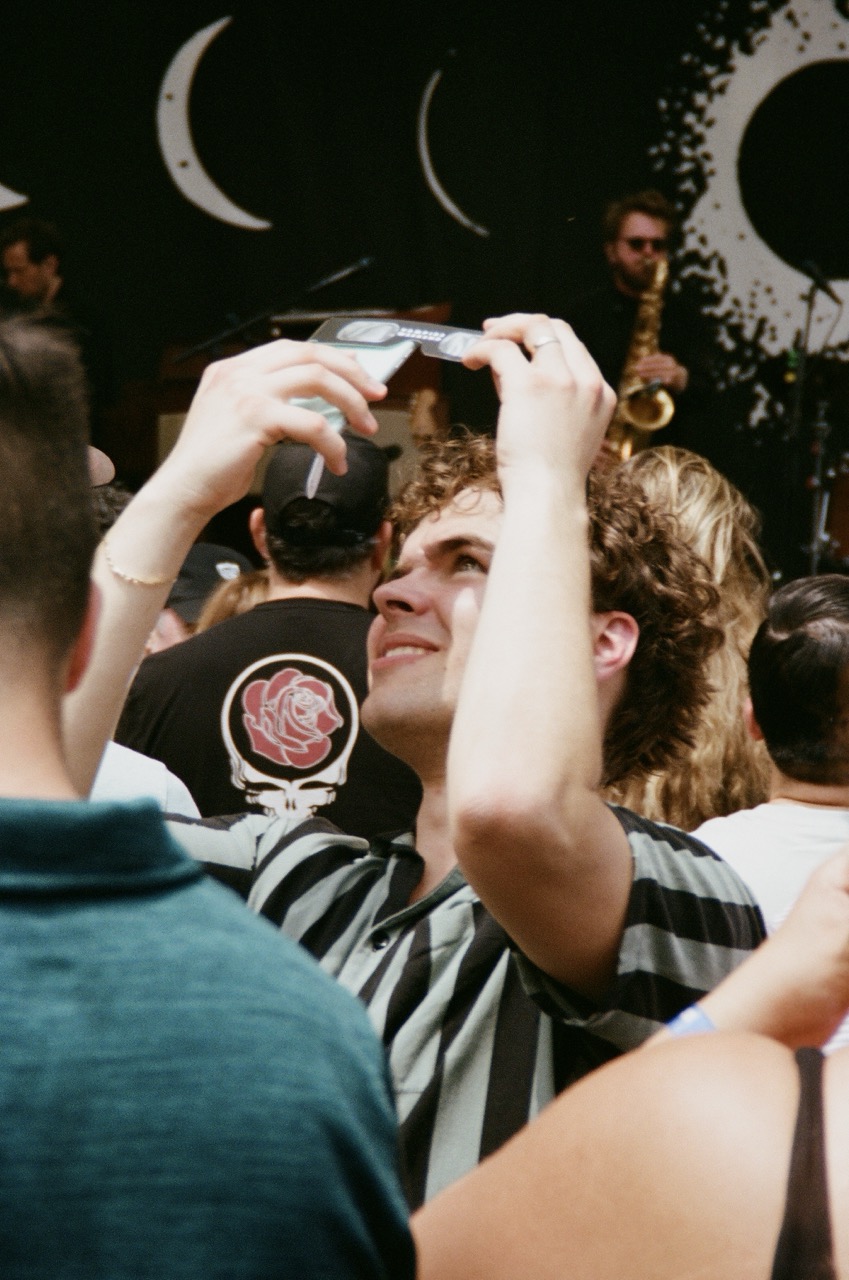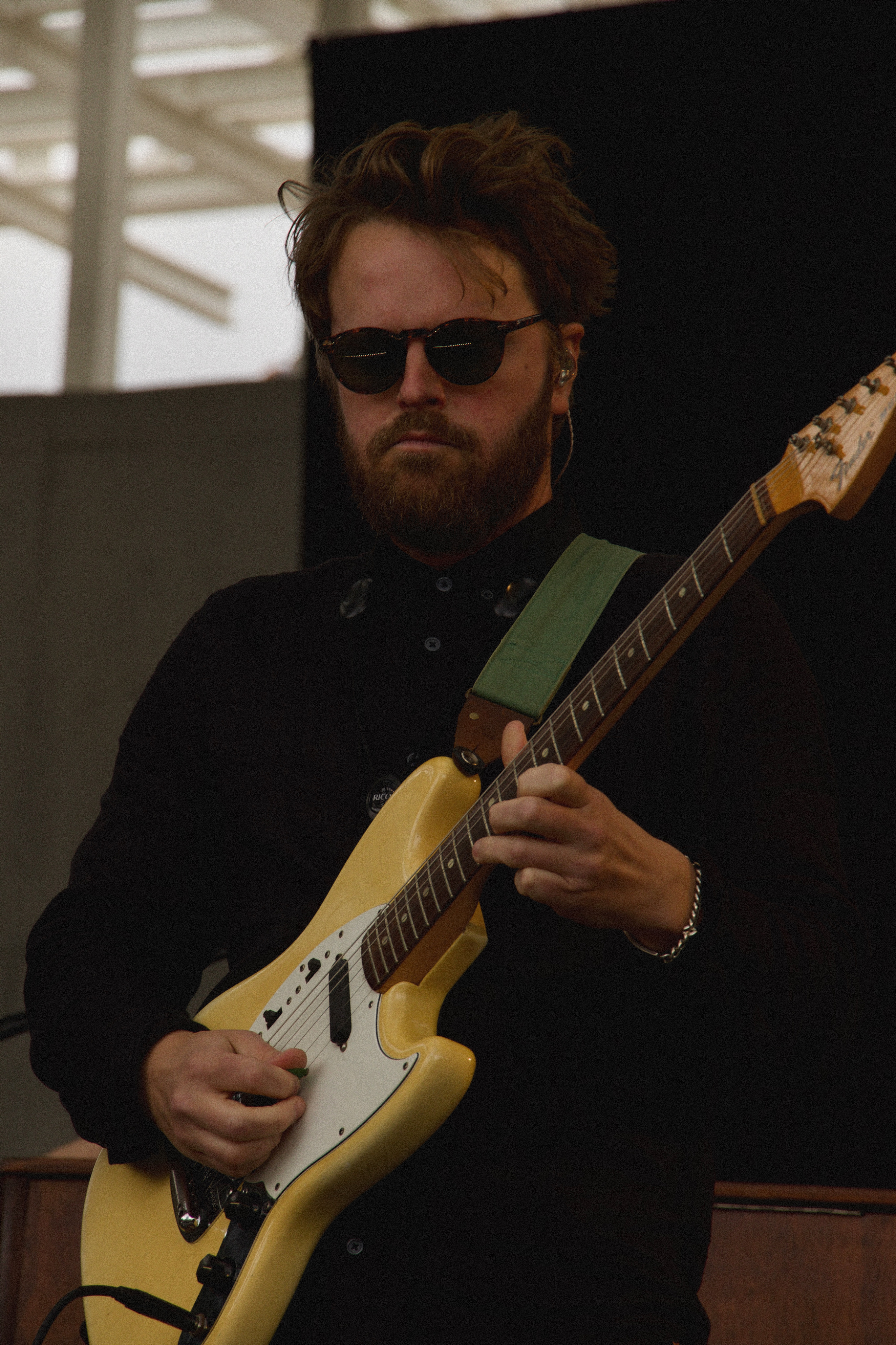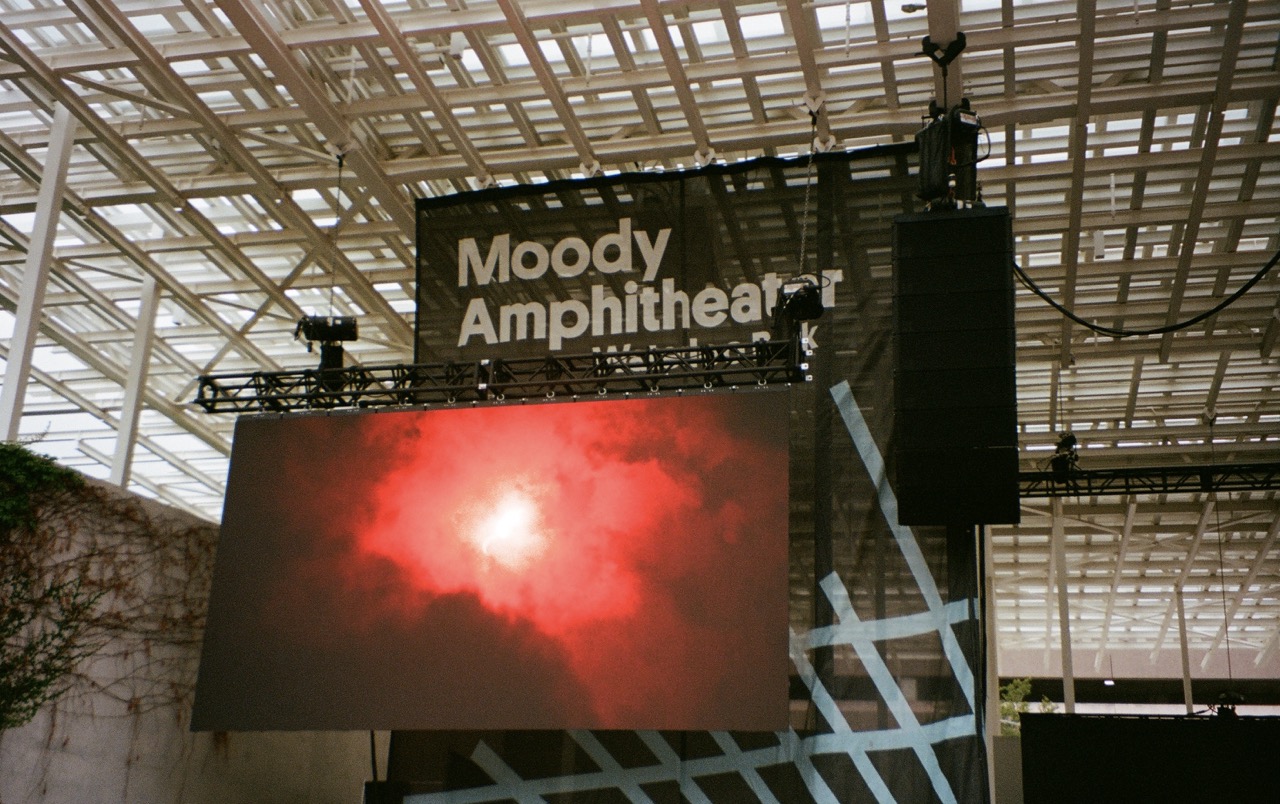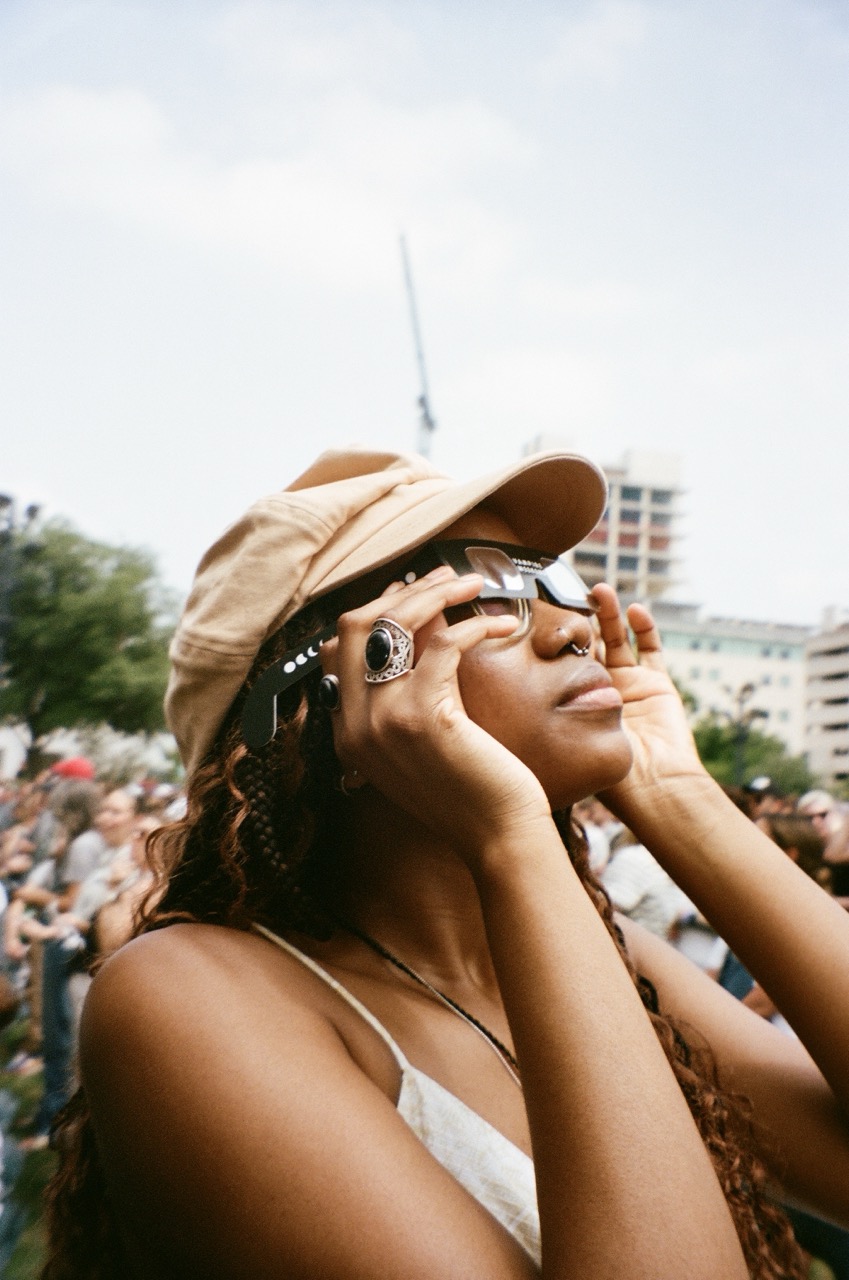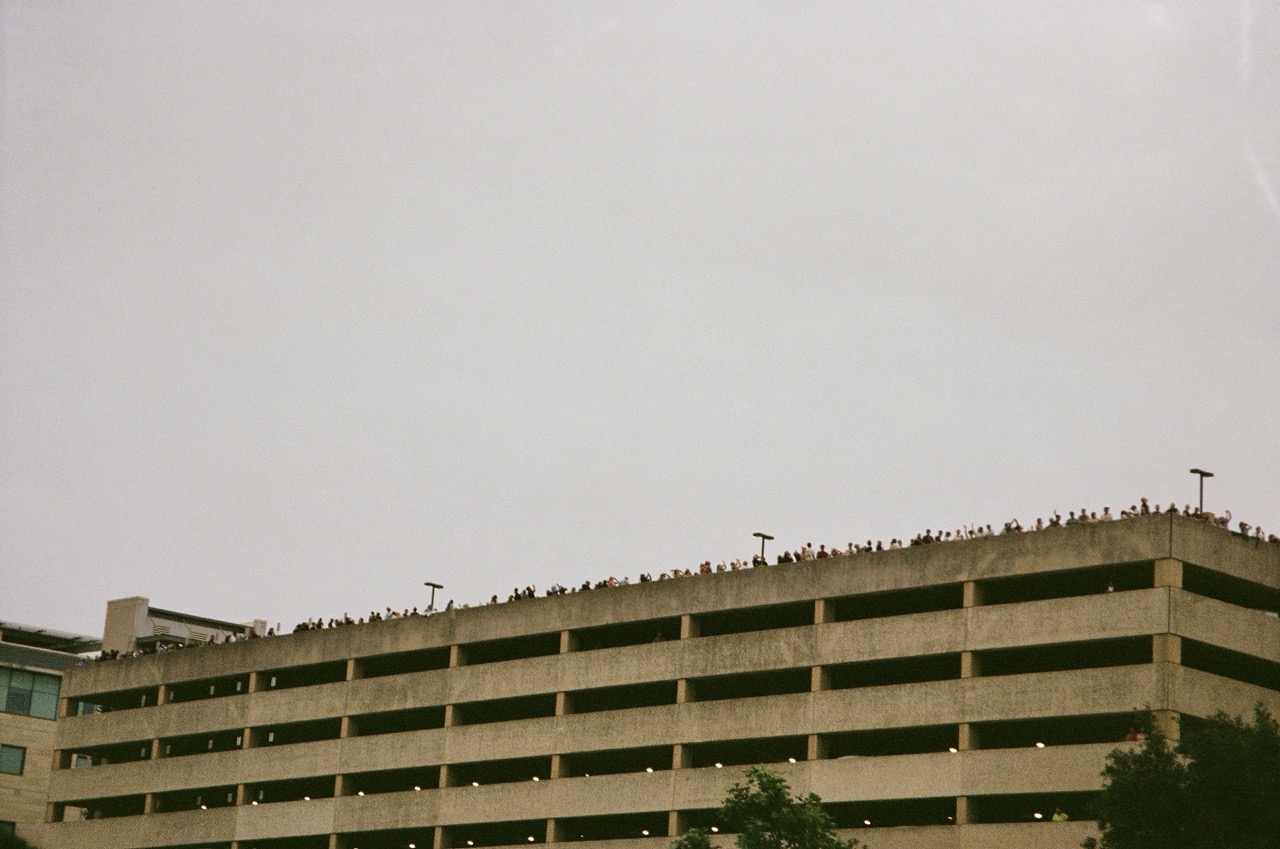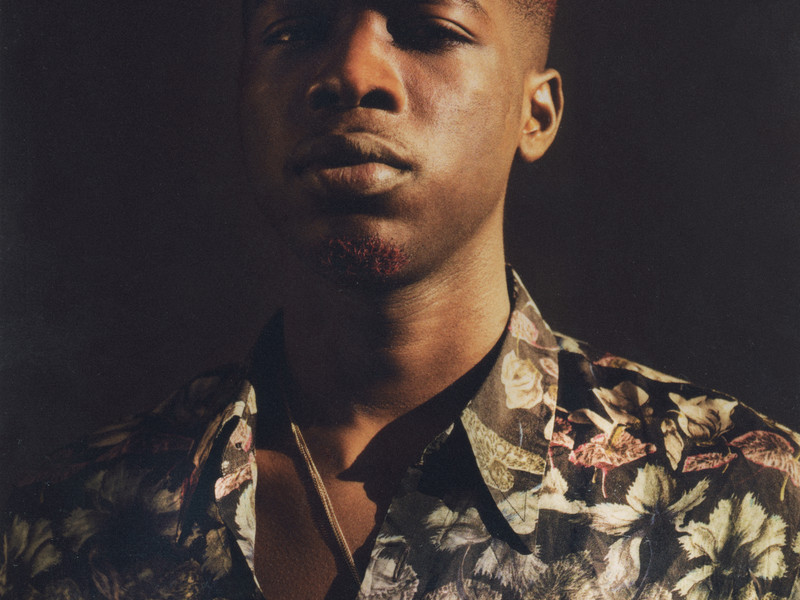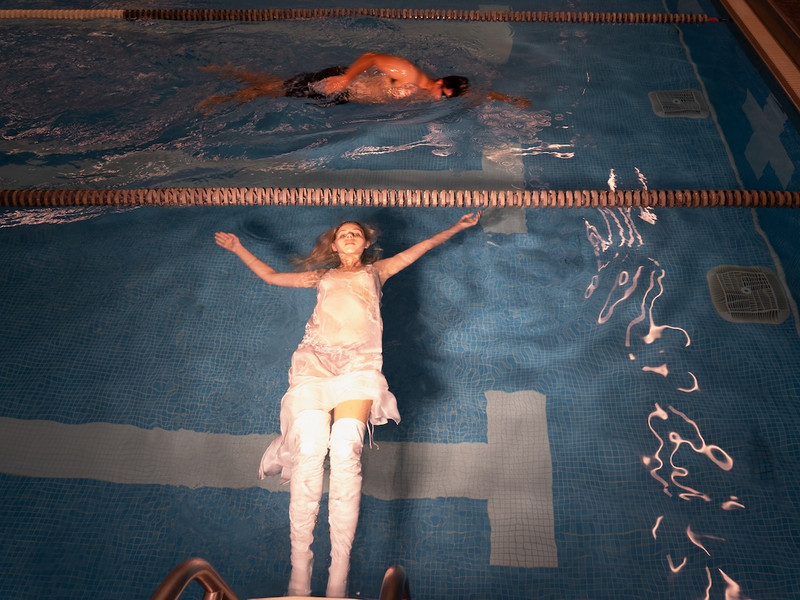ZSELA Talks to Herself
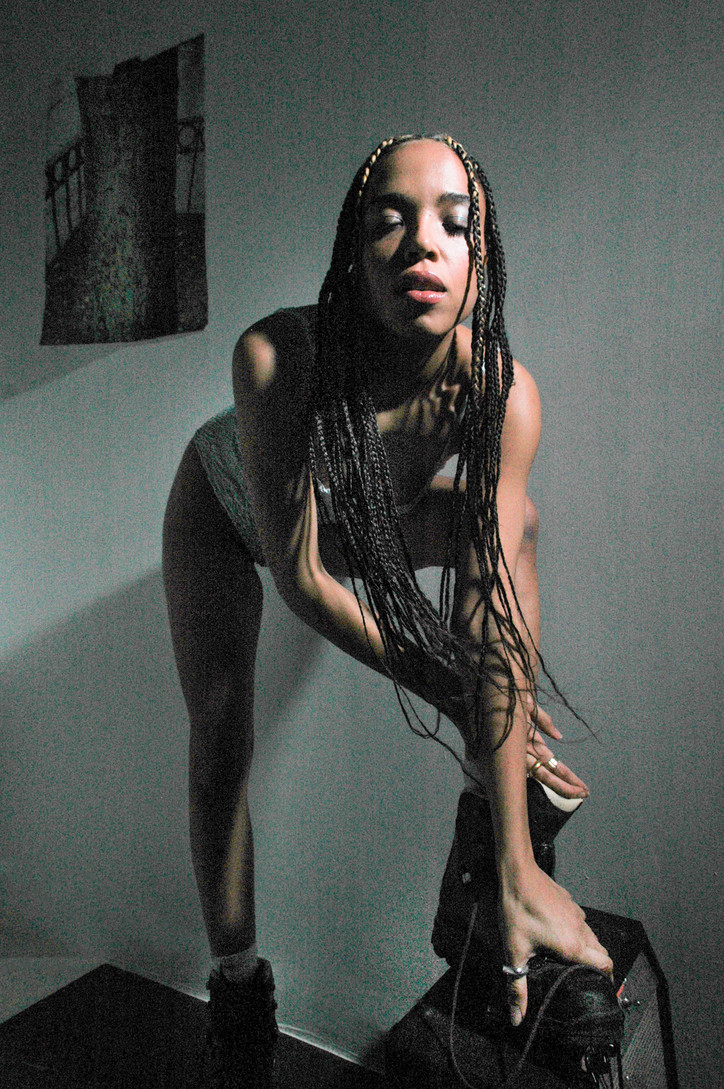
Zsela, in fact, is not one to rush things. Despite coming from an artistic background, she’s gradually eased herself into the industry. Her father, Marc Anthony Thompson (also known by his collective’s name, Chocolate Genius) has been a part of New York’s singer-songwriter scene since the '80s; and her half-sister, Tessa Thompson, has already made a name for herself in Hollywood. After three years at SUNY Purchase, toying with ideas of what she wanted to do, Zsela dropped out to pursue music full-time—but even still, she was hesitant to call it her “career.” She began performing at fashion events put on by friends in New York City and at art museums, such as MoMA PS1—unconventional venues, but venues which suited her music. Around this time Zsela gained a manager, and through her met Daniel Aged, who would go on to produce her long-awaited EP. Things began to coalesce, and almost simultaneously, she went on tour with one of her idols, a friend of her father’s: Cat Powers. Only then was she beginning to think of music as a career.
A week before the April 24 release of Ache of Victory, office caught up with Zsela to talk about her debut EP, her love of Times Square, and her first steps into the music industry.
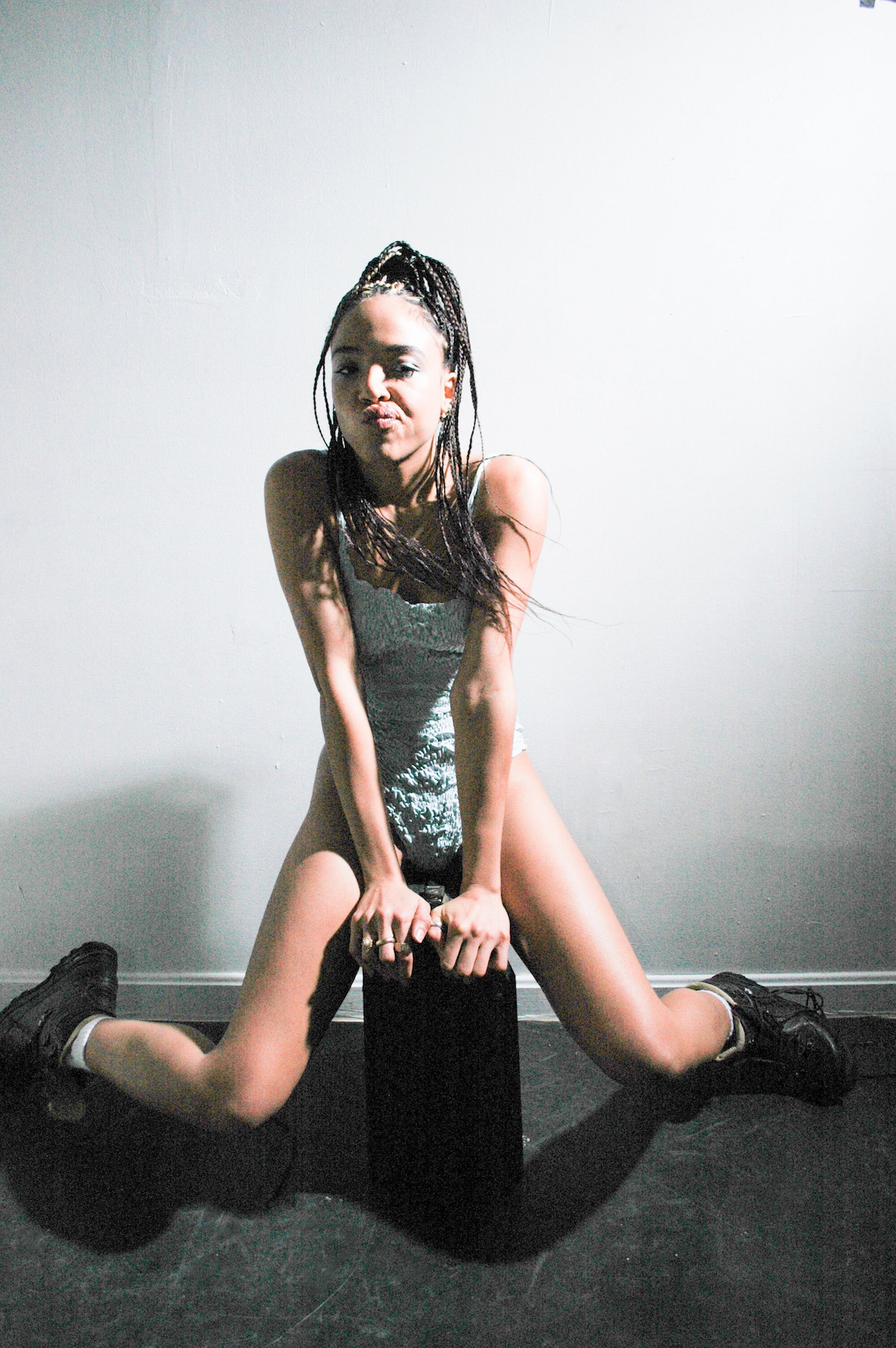
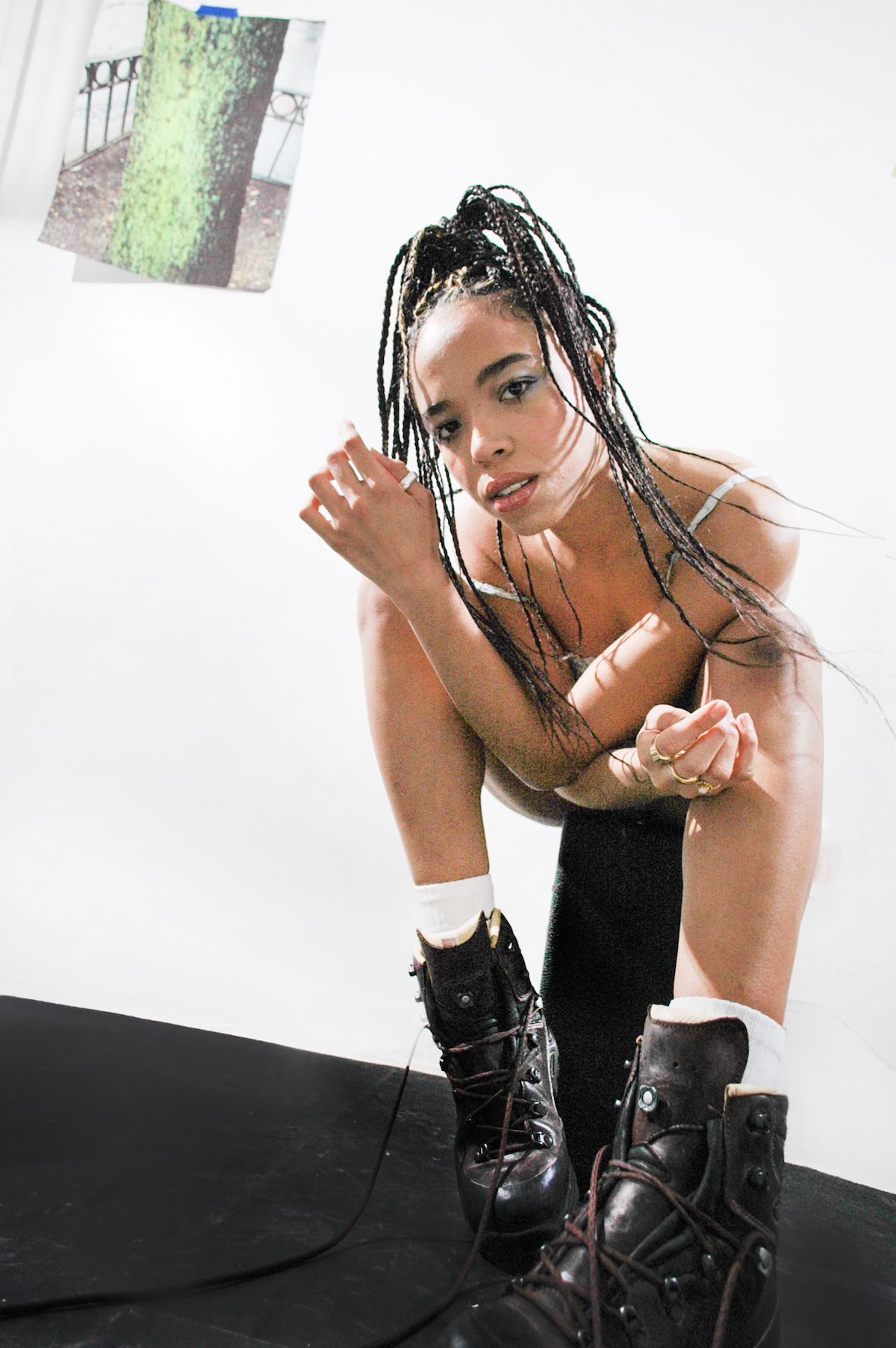
Where are you holed up for quarantine?
I live in New York, but I'm in California right now, staying with my family. I flew out to be closer to them and help them. As much as it's been hard with space and everything, it's been really beautiful to be close with them.
Have you been keeping busy?
I somehow always feel busy. I'm with my parents and little brother, and somehow there's always something we need. But personally, I have this EP coming out, so I've had to get creative. I want to do something for the day it comes out—some sort of live performance online, so I've been thinking about how to do that. I want to record a radio show, too, so I've been trying to get my dad to help me with that. We also have a game night every week that we do. My sister comes over; my brother MacGyvers a ping-pong table on our dining room table. We've gotten super into it. Everyone LOVES it. We've been playing until 1:00 a.m. I'm pretty steady—I'm trying to get better at those hard, slam dunk moves—but my dad and my brother are the best.
Are you doing anything to celebrate the release of the EP?
I feel lucky that I can have my sister come over, so maybe we'll do dinner or something. Daniel Aged, who I did the EP with—he's in LA too, and he's been quarantining for awhile, so it'd be great to have him over and do a performance. Even just having him will be a celebration, I think.
Yeah, seeing any new faces at this point is a big deal.
Yeah! [Laughs] Yeah, it'd be amazing.
How'd you get connected with Daniel?
I met him, when was it? Two years ago? Through my manager, we met in LA. When we first started working together, we were still trying to find our footing. I think there was a lot of newness for both of us. He has produced for people, but I don't think he’s done a whole project with just one artist. It was mainly just me and him shaping it all.
You told The Cut that the best album ever made was one of your father's, called Truth vs. Beauty. You must have a lot of respect for him.
I do. I really do. For his music, especially.
What was it like growing up with a career musician as a father?
Both of my parents are artists, and growing up in a home that was super supportive and fostering, a real creative environment—I feel very lucky to have had that. They were never pressuring me to pursue music as a career. They weren't trying to send me to law school or anything, but they weren't telling me I should do this. My dad, having a life in music, knows the hardships of it, the finances and inconsistency of it. He would always be supportive of my voice, and I would sing on stuff as a kid, but it always came to me to put that pressure on myself.
Knowing that it's such a hard industry to be in, was he concerned at all when you began pursuing music full-time?
I think he was reserved in a way. He wasn't wanting to put too much of an opinion on it. I think he wanted to see how I was going to go about it. It took me a minute to even be really confident and say this is what I wanted to do. I only started calling it my “career” like two years ago when I got a manager and met Daniel. If any of his concerns came through, it was when I wasn't that confident in it—which is probably fair.
You've spent some time upstate at a SUNY school, but you left before you completed your degree. Why'd you feel compelled to leave?
I really went to college very much to appease my parents. My mom never went to college; my dad never graduated. I was like, "Oh, I should do this." But I went in very undecided. I went from Hawthorne Valley Waldorf High School, which is on a farm with fifteen kids in my graduating class, to a huge SUNY school. I was just really unsure of what I was trying to do. But I made close friends, and then I was going to drop out, because a lot of them were graduating, but I thought, "You know what, let me just try to get into the music conservatory." So I applied, I got in, and they made this major for me. I was super excited about it. But, I don't know. At that time, I just started to get more excited about visiting the city. And then, I started recording in the city and ultimately dropped out, because I felt more inspired doing that.
You started by singing at a lot of fashion events. How'd you get connected with the fashion world?
Mainly just through friends when I moved to the city. I was kinda in the downtown, art-kid scene, and people like doing non-traditional fashion shows.
Do you find that performing at these events is different than performing on tour?
Well, it all kind of hit me at the same time. I had no experience really performing anywhere else. I was at a lot of these really untraditional places, because with my music, we were trying to get creative with where it made sense. I would get hit up by friends who would say, "Oh, you should play at this party." But I'm not really singing party songs, you know? They don't make sense in a club setting. The first show I played at was this lounge bar in Bed-Stuy, and then there was MoMA PS-1. Those spaces made a lot more sense at the time. And when I got the tour—which was a dream tour for me; I love Cat Power—it also made a lot of sense for the music, because the venues were all these small, seated ballrooms. These coincided with the same level of intimacy that the art and fashion shows did.
Your debut EP starts right off with a really poignant song about the effects of alcoholism. Is that a metaphor, or are you pulling from first-hand experiences?
It's pretty specific; it's not really a metaphor. I mean, it was kind of a metaphor for the time I was in; I wrote it during a time when I was going through a lot of things, and a lot of friends around me were going through a lot of things. But it's also been a kind of theme in my life... with family members in my life. So... yeah. [Laughs]
A lot of your music is quite personal. Do you ever find it hard to share it?
In the beginning—well, actually every time I perform it, it's really intense for me. But I've also lived with these songs for a while now, and they're so much a part of me. So much of the EP is about moving on, learning from loss, learning from change, and finding your own success from something that was really toxic and challenging. So, every time I perform or put them out into the world, it feels like I'm exercising some sort of release. In a spiritual and emotional way, it feels like a release. It's wild—I've always made music in a super private way. Like I didn't think about what it means to let people inside of it, but now, I've finally gotten to this comfortable place of really wanting people to be inside of it.
What are some things you've learned while making this EP?
I've learned a lot of patience. I've learned that I need to take my time, and I've learned that that's okay. If I didn't take my time, I don't think I would've liked what these songs would have been. I took care to get them to a place that I feel good about. Also, I feel really good about letting myself get to a place where I'm ready to share with the world. I don't think I was before. So yeah, I guess I've learned a lot of patience, and that time is my friend. That's always something that my dad has said, but I finally figured that out on my own.
Isn't that always the case? Parents can say something again and again and again, but you only realize they're right when you experience it for yourself.
I know! Like, "Okay, you were right." But also, with the songs, they definitely demand a lot of time and space; there's a certain pace to them. I've learned to just trust the songs and what's really supposed to shine through, which for this project is all about the voice and lyrics.
What was the hardest song to fully realize on this EP?
You know, the drinking song. [Laughs] I'm really glad that Daniel and I were on the same page about it. There was something missing or not enough about it all the time. As the deadlines were coming up, we hit a place where I was like, "We need the door slam!" We were just adding things and taking things away up until the last moment. It definitely was the one, at least sonically, that we were tinkering on the latest. It was a very intense song for me, so I got a little obsessed with how it comes through.
Is there a process that you fall back on when writing songs, especially when they get personal?
Well, these songs are personal, but they can also be impersonal in that they're not always about one thing; they're not very linear. It's funny, you have moments in a song where you can look back with hindsight and realize, "Oh that's not about me; that's about my parents." Also, some of them draw from lyrics written at different times. It's not always a set routine with my writing. Sometimes, when I'm really fucking lucky, it'll come all out at once like word vomit. But other times, I put together lyrics that I've held onto for a long time. Or put them together with new lyrics, and it becomes this story of different times and relationships that inspire me. A lot of times on this EP, I realize that I'm just talking to myself.
When you write lyrics, do you write them to music, or do you keep a journal and jot phrases down whenever they come to mind?
I actually do a lot of stuff in my head, especially when I was writing these songs. I was living with six roommates, and then I was living at my grandmother's house—I really wasn't allowing myself to have that much space. So for a lot of the songs, I recorded melody and lyrics on voice memos. I always like to have a bank of lyrics, which goes back to me saying the thing about drawing from lyrics from different times. Like the drinking song I wrote, I wrote the melody and lyrics as one, then found the chords after, which I've done for most of my songs.
About your music video for "Noise," Daniel Arnold said that he wanted to capture the “New York that drags you through the day when you’re busted… the one who laughs in your flat-broke, sad-sack heartbreak face 'til you’re laughing back.” Is this one of your experiences of New York, too?
Oh yeah. All the time. I think my caption when we put the video out was, "I love you New York. I love dancing with you even when you trip me." It's really weird not to be there right now. I definitely feel such a strong, intense, sicko love for New York. I grew up there, and it's always going to be home.
New York makes masochists out of all of us.
Hell yeah. It's also really wild that we ended up doing that video in Times Square, because I have always loved Times Square, but I didn't realize that was weird. It's like Daniel Arnold's home, and I was living there at the time of writing "Noise," but when I was talking with all these people about it, they were like, "Oh my god, can you even walk down the street?" I forgot that people are really stressed out by Times Square; it was my walk home everyday, and I love it. I just think it's so weird.
It is interesting that so many New Yorkers have such a deep disdain for Times Square.
They hate it. But it's also a thing for New Yorkers to be like, "Ew." And I'm like, "Yeaah, totally." But then I'm like, "Wait, I love it there!" When I lived at my grandma's, I would just go out and run and sing—I didn't care; I wasn't going to run into anyone I knew.
Even though there are so many people there, you have so much anonymity.
That's what it felt like. Nobody cares about what you're doing. You can just be. And the energy of it—I felt good there. It's wild to think about it now and to see photos of it completely empty.
So as a native New Yorker, born and raised for a time in Fort Greene, what are your favorite joints in Brooklyn?
One of my favorite one's was just sold actually. It was called Frank's Lounge. I couldn't go there when I was a kid, because it's a bar. But my dad used to perform there. To practice, he'd do little shows at the bar. They also have this karaoke night, and it's really, really special. A bunch of old regulars come and sing like really well. And it turns into a really cute vibe. I love Mike's Coffee Shop; it's a really cute, old dinner. Fort Greene Park, too. And Soul Summit.
